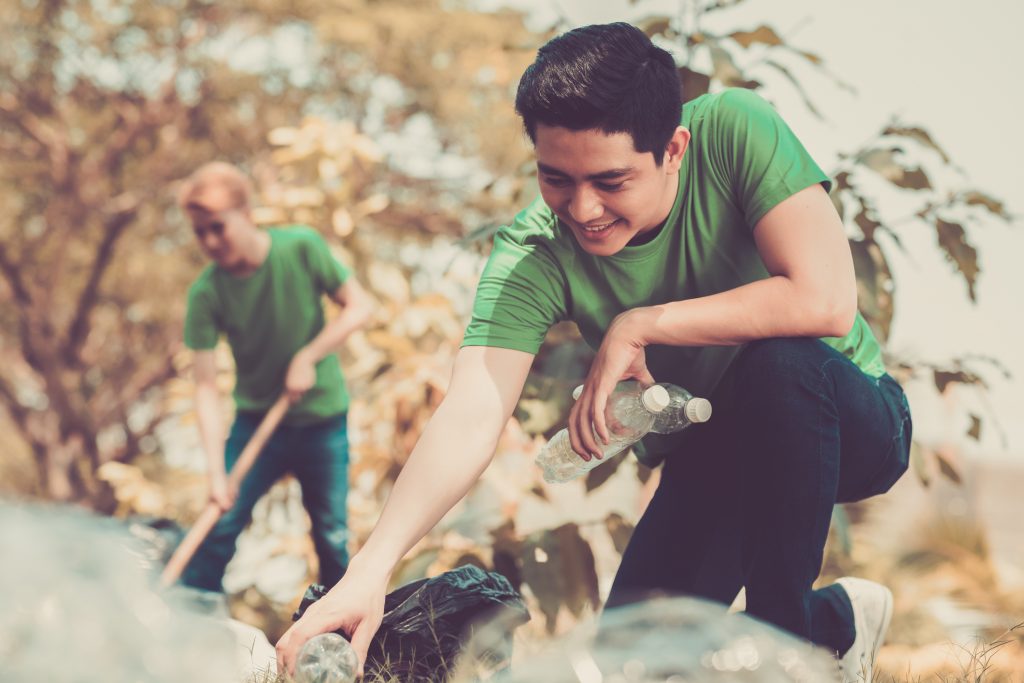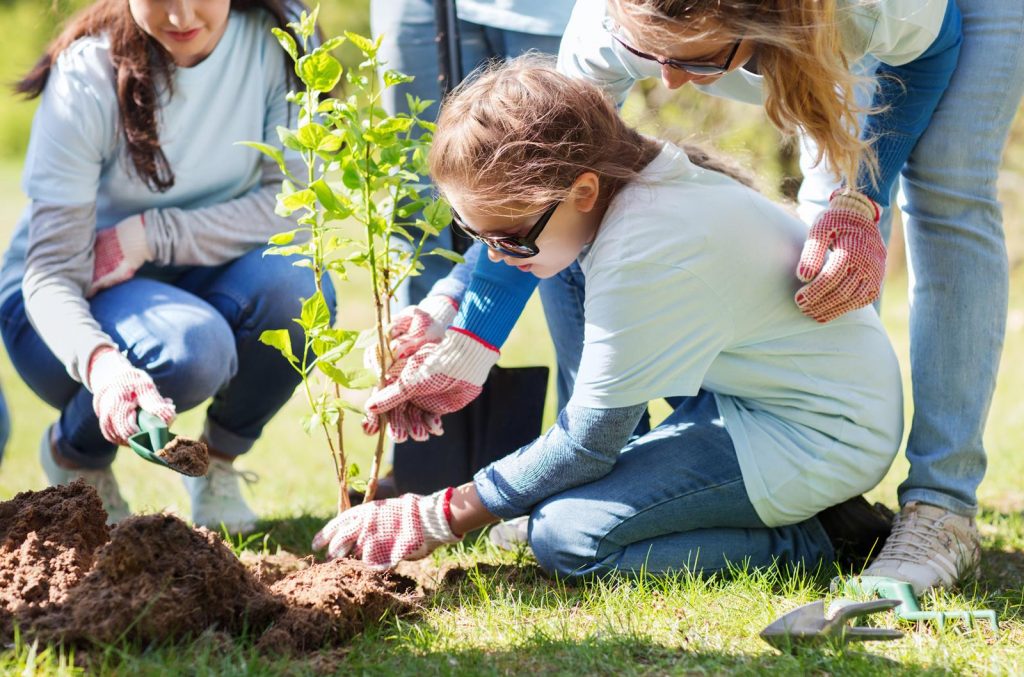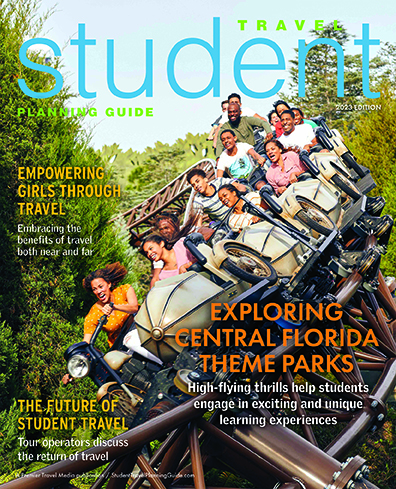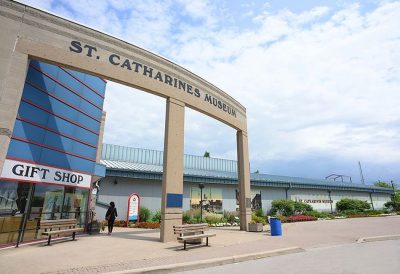What is Voluntourism?
A relatively new word, voluntourism is gaining momentum as part of the student travel experience. Volunteer experiences connect students to the larger world. Rather than just visiting historical and touristy sites, through voluntourism, students connect to the community by giving back.
Why is Voluntourism a Viable?
Students today have information at their fingertips. News feeds no longer come to them through the newspaper, TV or radio broadcasts—news comes to them instantaneously through the internet. When they learn of a local or global call to action, most stand ready to assist. For some, the challenge is finding the way to make a difference, and voluntourism answers that call.

Volunteers picking up litter in the park
Service Learning Can Make a Difference
Many of today’s group leaders want to help students feed the need to be of service. The concept of service learning, which is arguably synonymous with voluntourism, creates the path toward fulfillment. Rather than just touring a destination, educators seeks ways to have students leave a positive impact in that destination.
Chicago-area educators Brad Swanson and Ida Fiore, co-founders of the initiative SaLT (Serving and Learning Together), say that today’s students are global-minded, accepting of challenges and looking to make a difference in the world. They note that students are exposed to the entire world at the push of a button or the glance of a screen. With that exposure comes the desire to experience other cultures and communities and to lend a hand in times of need.
Does Voluntourism Help Students Become Socially Responsible Adults?
The simple answer is yes. But it takes a bit of work to ensure a voluntourism trip is not just about helping out once and then heading out to have fun. It’s about instilling a lifelong desire to be of service.
It’s critical that all service learning/voluntourism experiences are deeply rooted in an empathy mindset. Service opportunities must focus on the importance of respecting and learning about the local community while also trying to serve a need. For example, if a voluntourism experience takes place in New Orleans, it’s critical that students understand the social and economic impact of Hurricane Katrina and how it affects the residents to this very day. Students need to understand that not all families had the means to rebuild their lives and today still find everyday life stressful.
A typical voluntourism experience may be helping to rebuild a home or working in an urban garden. For the latter, it could mean harvesting food that will be delivered to families in need. These small steps toward helping others increase the awareness that people are people no matter who you are or where you live. Smiles and laughter are universal. Imagine for a second the impact of one small smile from someone who is hungry shared with someone who is helping to feed that hunger. Just the thought brings chills up one’s spine and fosters the passion to do more… especially if that smile is from a fellow human being around the same age as the traveler.

Debriefing and Reflection
Students on a voluntourism experience need time to debrief and work through their own emotions. Group leaders are wise to add a time each evening to allow students to reflect on the day’s experiences, talk it out and journal.
At first, journaling may seem cumbersome to students, but it’s a great way to get their thoughts down on paper. If writing is too daunting, consider voice recording. There are plenty of apps on the market that are voice-to-text, and that may help students overcome the task of writing and focus on the more important aspect of the exercise— reflection.
Does a Voluntourism Experience Have an Afterlife?
Yes, voluntourism not only enhances a student’s personal growth and learning experience, it brings dimension to college and employment applications. Today’s colleges and employers are looking for applicants who have experienced a bit of life, have reached out to others and made an impact, even at a young age, on their own life and the lives of others. Awareness and experience builds tolerance, and tolerance leads to understanding and peaceful solutions. As a society, isn’t that the kind of future leaders we want?
About the contributing author: Lisa Curtin shares her thoughts following 20+ years of experience in the student travel market as the vice president of operations for a major tour provider. Today, Lisa works in the Washington, DC area as the chief operations officer of Caldwell & Companies, a certified public accounting firm. Lisa stays connected to the tourism industry through her ongoing work with the Student Youth Travel Association and consulting to the tourism industry.
To learn more about the SaLT initiative, visit www.saltstudenttravel.com.






